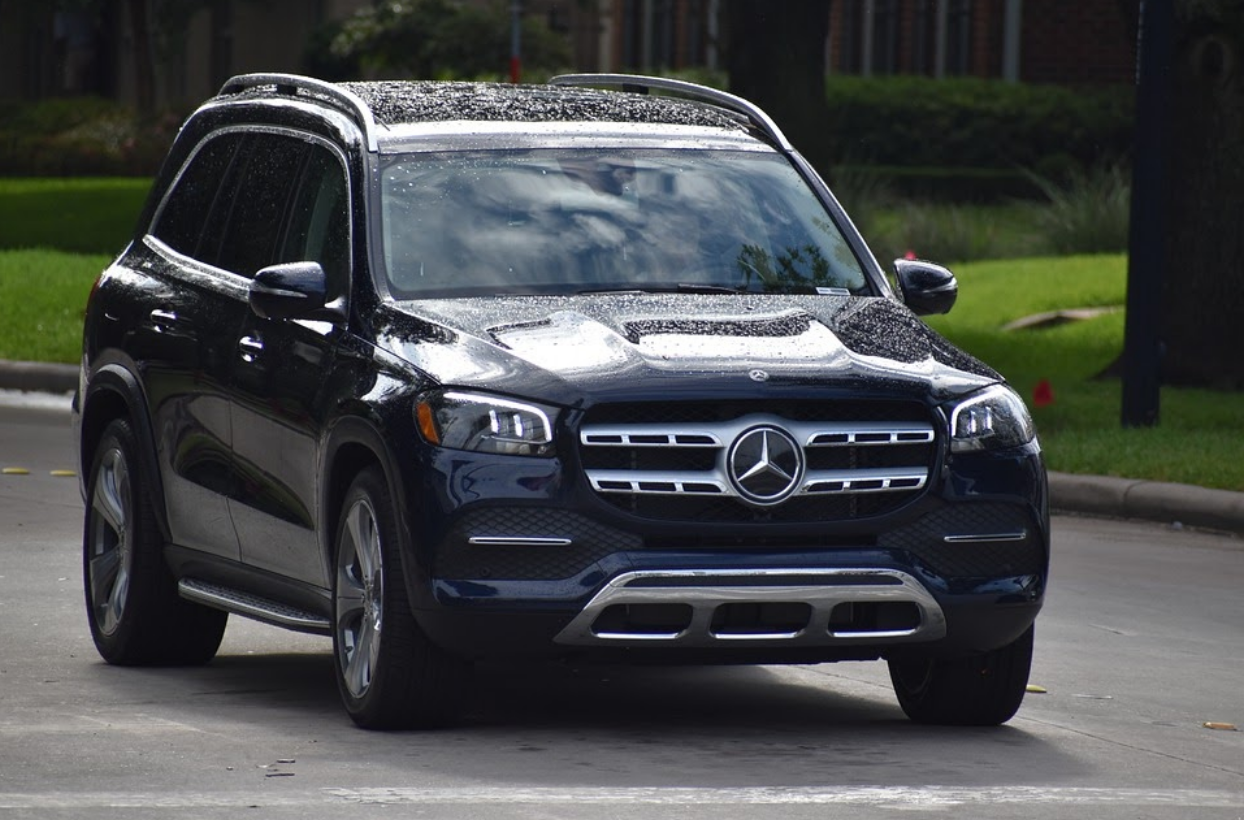How Do Punitive Damages Work in an Accident Case?
By Space Coast Daily // November 9, 2020

In many vehicle accident claims, it’s likely that one won’t be looking for punitive damages from the vehicle operator who was at-fault. However, there can be exceptions like many general rules in the courtroom.
Thankfully, we’ll be explaining the differences between punitive damages and compensatory damages that come with vehicle accidents.
In addition to this, we’ll be looking at the few instances whereas a plaintiff may be receiving punitive damage from a vehicle operator who had been reckless or negligent.
Car Accidents & Damages 101
When it comes to the world of personal injuries and the law (what governs a vast majority of vehicle accidents), the damages are all of the losses that could correlate to the party of the at-fault driver that may be captured as compensation for a claim.
These types of damages oftentimes fall into these two categories: punitive damages and compensatory damages. For compensatory damage cases, they’re separated into two different categories: ones capable of exact calculation (economic damages or special damages) and cases where exact calculation is difficult (damages that are not economic).
A special damage is known as the loss of earnings and one’s earning capacity. This may include medical bills, employment benefits, and/or other losses that have an effect on one’s finances. Non-economic damages involve damages that include (and are not limited to) mental anguish, suffering and pain, and loss of consortium.
About Punitive Damages
Punitive damages are known for being a special method of compensation after the injury has taken place.
However, it should be mentioned that these damages should not be considered compensatory, as they don’t compensate the individual for damages or injuries that they have suffered from. This award is strictly intended for punishing the wrongdoer.
Amounts of punitive damage awards are based on a plethora of factors such as:
• The nature and character of the conduct of the defendant.
• The amount the defendant has in assets.
• The amount of harm another victim could encounter in the event the defendant isn’t punished properly.
• Harm suffered that grew to the state it is currently in.
Punitive Damages & Plaintiff Entitlement
For the record not all states allow the collection of punitive damages. That’s right, some states will only compensatory damages regardless of how the defendant caused one trauma.
So in order see if the state you live in will allow punitive damages for your personal injury case, you’ll need to speak with an attorney where you live.
It’s also worth mentioning that mere negligence on behalf of the defendant might not be enough to collect punitive damages. That’s right, unreasonable behavior or careless actions will not entitle one to punitive damages.
However, behavior types that can subject one (the defendant) to pay for punitive damages may carry a different name depending on the state you reside in.
Some are generally called:
• Recklessness.
• Gross negligence.
• Wanton or willful disregard for others’ safety.
• Wanton Behavior, Willful Behavior, Recklessness, or Gross Negligence.
So as explained above, the definition does differ depending on the state you live in, yet wanton, reckless, and grossly negligent actions are known for being considerably more unreasonable that what is known as a negligent action.
For these actions, it means that the defendant is well aware (or should be aware) that what they were doing was dangerous and it was likely going to end with the harm of another individual.
About Willful Behavior
Intentional behavior is essentially willful behavior, so a few states could limit the punitive damages (depending on the situation) where a defendant had been acting on intent.
Some examples of reckless behavior or gross negligence could include:
• The game known as “chicken”. This game is known as a situation in which two vehicles approach each other at a high speed and the first driver to swerve out of the way loses. If there isn’t a head on collision, there’s still the opportunity for one of the vehicles to swerve, lose control, and crash. The decision to participate in such a game goes well above ordinary negligence and enters recklessness or gross negligence very quickly.
• Driving while intoxicated is another situation that could be a close call in the courts. Passing out behind the wheel might be considered reckless, but who is to say that being intoxicated is what caused the crash or what their blood alcohol content was (at the time of the accident) in correlation with the state’s limits.
Considering the information above, it’s important to understand that punitive damages are meant to punish the negligent party. Thankfully, we’re here to help you with your punitive damage case. Contact us today for further information.











